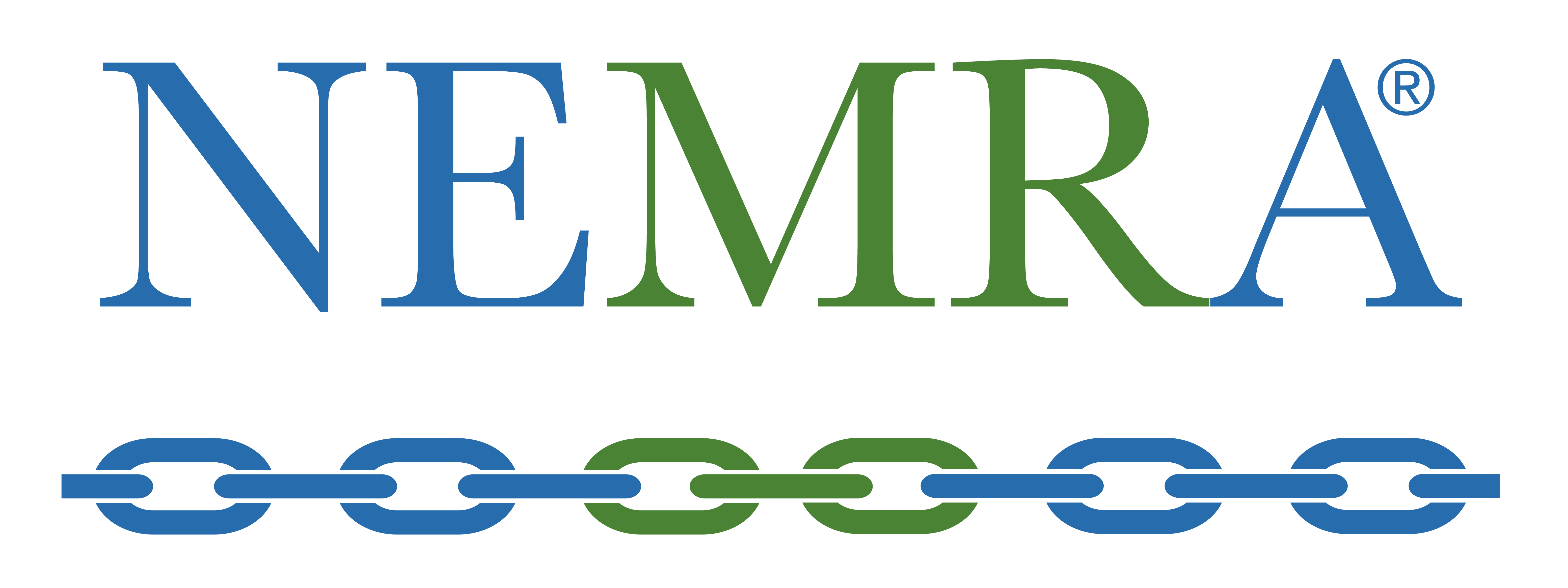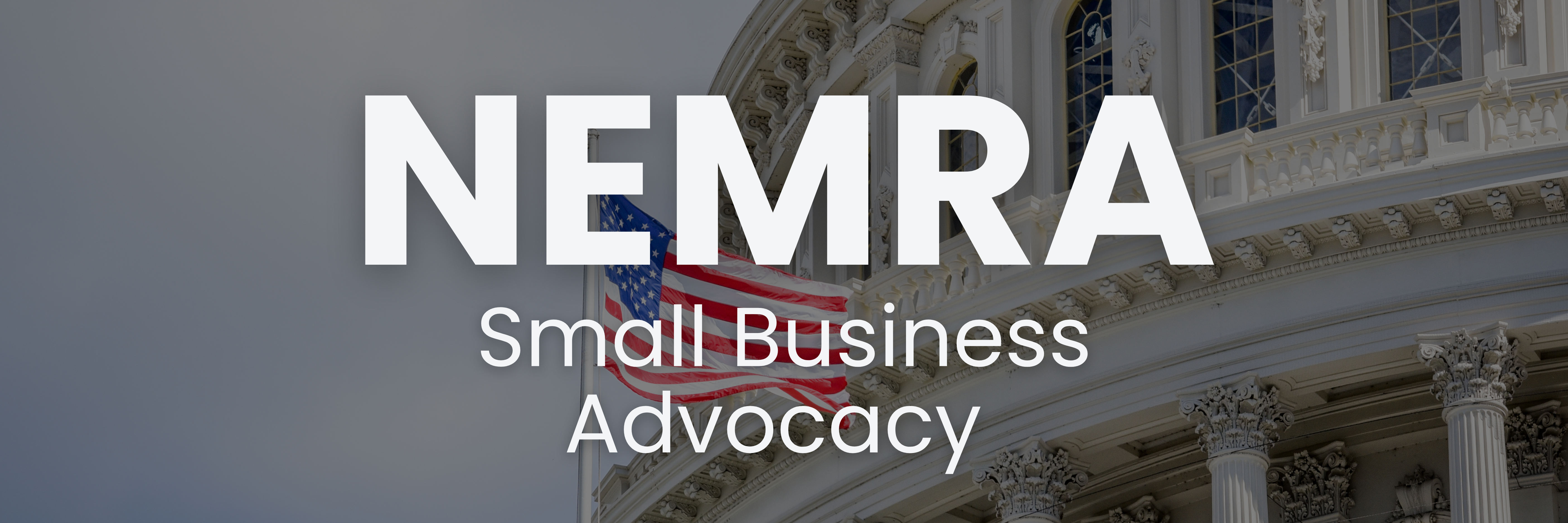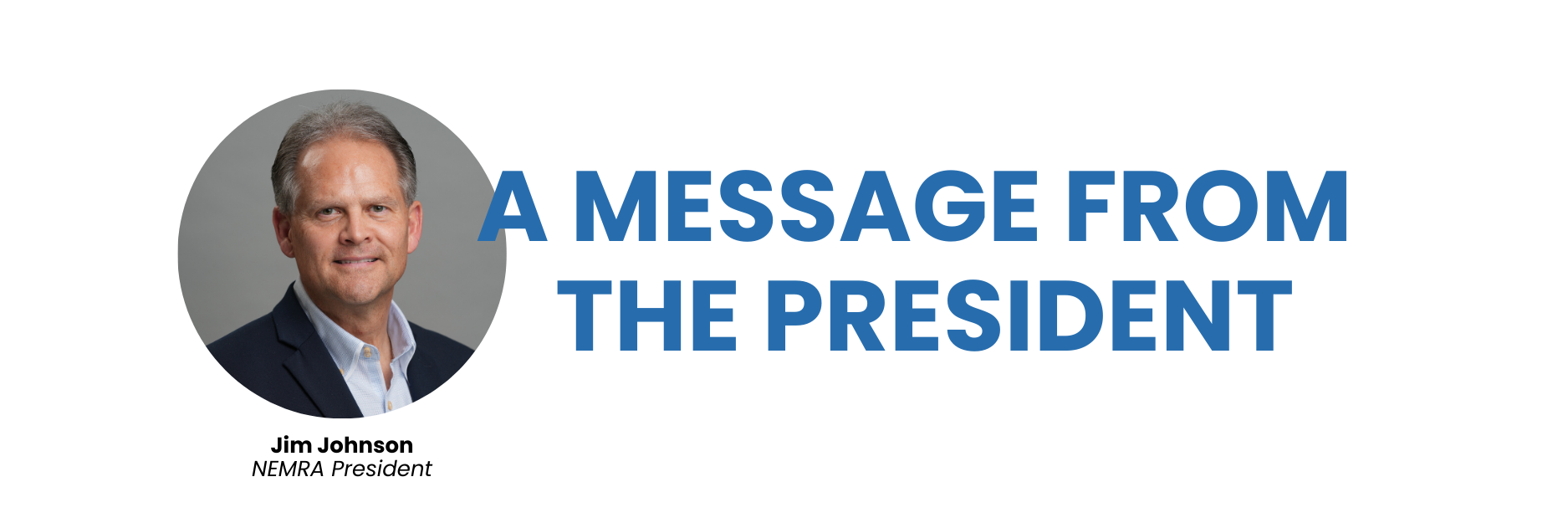ON DECK:
- Administration details ag tariff relief
- Greer, Lutnick heading to EU next week
- China picks up soy purchases as officials telling folks they may push off 232 chips tariffs to avoid upsetting China; India inks first LPG purchases; Indonesia may tax gold exports next year; Malaysia’s Trade Minister continues to defend deal; Greer threatening South Korea with 301 over digital regs; USTR threatens to stop Thailand talks over skirmishes but call with Trump call puts things back on track
DISCLAIMER: The below is intended to inform, not to be construed as an official statement from the office of Rep. Yakym
Tidbits
T-A-R-I-F-F Spells Relief (or Something Like That)
Last we left things, it seemed like an announcement on tariff cuts for some more products not made in the U.S. was imminent. And we did get those details by the end of the day. You can read the proclamation here, a fact sheet here, and the CSMS message here.
Per the fact sheet, coffee and tea; tropical fruits and juices; cocoa and spices; bananas, oranges, and tomatoes; beef; and some fertilizers were all added to Annex II and taken off of Annex III (also known as the Potential Tariff Adjustments for Aligned Partners, or PTAAP). The actions were effective at 12:01am on November 13.
USTR Jamieson Greer told reporters the cuts were possible because the U.S. has reached a “critical mass” of trade deals, especially after the wave announced last week. But there were certainly other considerations driving the move as well. Australian Prime Minister Anthony Albanese said his government played a big part in the announcement, while New Zealand Trade Minister Todd McClay’s official statement “cautiously” welcomed the news.
Bruss that Dirt Off Your Shoulder
USTR Jamieson Greer and Commerce Secretary Howard Lutnick will be in Brussels next week to meet with their EU counterparts, though it doesn’t necessarily seem like the two coordinated their visits. Nevertheless, they’ll be there amid U.S. frustrations over what the U.S. sees as slow implementation by the EU. While the U.S. has delivered promised tariff cuts for cars and other goods, the EU’s promised tariff cuts on industrial goods and ag products haven’t happened yet – and may not before February. As one anonymous senior official warned, somewhat ominously: “I think that we’re in a moment where [President Donald Trump] has changed his views on Europe and approach to Europe in the past six months…I hope that Europe doesn’t miss its opportunity to [capitalize] on the President’s current approach.”
From the EU’s perspective, some of the delay is due to what it feels like are additional demands being raised by the U.S. on various regulations. Last week, we found out the EU is planning to create a five-point implementation plan to try to clear up misunderstandings and have a set roadmap with set objectives. Buuut then again, maybe not all new demands are bad, as reporting suggests the EU will take another run at tariff exemptions for more sectors, including medical devices, alcohol, and pasta. The EU is also expected to press Secretary Lutnick on the Section 232 steel and aluminum derivatives.
Elsewhere on the EU front, the EU is planning to restrict aluminum scrap exports, and a climate conference in Brazil saw the EU take heat from India, China, and others over its Carbon Border Adjustment Mechanism (CBAM).
News from the Rest of the World
- Australia: Australia said it’s seeing plenty of interest in its strategic critical minerals reserve.
- Canada: U.S. Ambassador to Canada Pete Hoekstra told a group that he thinks trade talks will resume soon, though he wasn’t sure exactly when. Canadian provinces and territories signed the Canadian Mutual Recognition Agreement, which will break down internal trade barriers for all goods except food.
- China: Treasury Secretary Scott Bessent rejected last week’s report that China was working on a system to block rare earth exports to certain military-linked companies, saying, “I am confident that they will honor their agreement.” President Donald Trump urged China to “speed up” its soybean purchases. And China did make its biggest daily purchase in two years. Trump Administration officials have reportedly been telling stakeholders and industry that the Section 232 chips tariffs are not coming soon in order to avoid provoking China. Sen. Steve Daines (R-MT), who played a role in breaking the getting the current détente, is planning a delegation of Senators to visit China next year. The Dutch government suspended its order seizing chipmaker Nexperia, while Germany’s Finance Minister is in China this week hoping to secure “reliable access” to critical minerals. The U.S.-China Economic and Security Review Commission released its 2025 annual report.
- India: Petroleum Minister Hardeep Singh Puri announced a “historic first” that Indian companies concluded a one-year deal for American liquefied petroleum gas amounting to 10% of annual imports. An anonymous Indian official told local media that trade talks are “nearing closure.”
- Indonesia: The government is planning to charge a 7.5-15% tax on gold exports next year in order to incentivize domestic processing. (You may recall that, under the U.S.-Indonesia Framework, Indonesia committed to removing restrictions on exports, “including critical minerals.”) Indonesia will begin importing U.S. crude oil in December.
- Japan: Anonymous Trump Administration officials told Politico that they are pushing Japan to outline “specific, detailed plans” for the $500 billion in investments in order to get projects moving next year.
- Malaysia: Trade Minister Zafrul Aziz continued to defend the deal Malaysia signed with the U.S., emphasizing, “Nothing in the [Agreement on Reciprocal Trade (ART)] overrides Malaysian law, diminishes national sovereignty, or forces [liberalization] beyond our chosen policy direction.” He added, “In today’s landscape, where economic security increasingly shapes market access, the ART is a tool of strategic protection, not concession.”
- Mexico: The U.S. launched another USMCA Rapid Response Labor Mechanism dispute with Mexico.
- Saudi Arabia: USTR announced that the U.S. and Saudi Arabia signed an exchange of letters that ensures Saudi Arabia recognizes American auto standards as fully meeting its safety requirements. This was an issue raised in at least the 2025 National Trade Estimate (Page 185). A White House fact sheet on Crown Prince Mohammed bin Salman’s visit flagged this agreement, as well as leveraging the existing Trade and Investment Framework Agreement to intensify engagement on bilateral trade.
- South Korea: Politico reports that USTR Jamieson Greer and other Trump Administration officials have threatened in private to launch a Section 301 investigation into South Korean tech regulations. USTR and South Korea’s Trade Negotiations Bureau will meet for technical discussions on implementation of the U.S.-South Korea deal next month. South Korea’s Trade Ministry said it will begin filing a regular report akin to USTR’s National Trade Estimate. Samsung, Hyundai, and others announced new domestic investments, with President Lee Jae Myung hoping that these investments counter “concerns that domestic investment might shrink as U.S.-bound investments strengthen.”
- Switzerland: Vice President Guy Parmelin told local media that the government expects last week’s deal to be operationalized in the coming days. He also defended the deal amid criticism from political parties over the involvement of Swiss execs, saying, “It’s been a long road, and the result is the best we could achieve…We haven’t sold our souls to the devil.” Local media are questioning various parts of the deal.
- Thailand: A government spokesperson said that the USTR threatened to halt trade talks with Thailand unless it “provides assurances that it will strictly comply” with the ceasefire. However, a call between Prime Minister Anutin Charnvirakul and President Donald Trump smoothed things over, with the spokesperson saying in a statement, “The tariff negotiations will move forward and remain separate from border issues.”
Quick Hits
- The Senate Finance Committee advanced the nominations of Jeffrey Goettman as Deputy USTR and Julie Callahan as USTR Chief Agricultural Negotiator – each on a 17-10 vote, with Sens. Mark Warner (D-VA), Sheldon Whitehouse (D-RI), and Raphael Warnock (D-GA) joining all Committee Republicans in voting yes
- Treasury Secretary Scott Bessent met with House Budget Committee Republicans to discuss tariffs, among other issues
- White House trade advisor Peter Navarro wrote an op-ed making the case that the IEEPA tariffs are legal
- An anonymous Senate Finance Committee staffer told Inside U.S. Trade that USTR is classifying which partners it’s talking with and refusing to share negotiating text
- Former Commerce Secretary Gina Raimondo told a conference that President Donald Trump’s tariffs will be difficult for a future President to get rid of, regardless of party
- USTR released a list of folks praising its announcements last week on South Korea, Switzerland and Liechtenstein, Argentina, Ecuador, El Salvador, and Guatemala
- USTR, the Commerce Department, the Small Business Administration, and their Mexican and Canadian counterparts convened the fourth USMCA Small- and Medium-Sized Enterprise (SME) Dialogue in Phoenix
Tarif-Fone
Tarif-Fone
Let me know if I missed anything. It’s not unpossible. IEEPA tariffs struck down by courts but in place pending appeal are italicized. There are lawsuits pending on some of the other IEEPA actions, but those have separate circumstances and arguments and may not be struck down themselves. I’m keeping the due date for the pharma 232 until we have something firmer. I also still haven’t seen a Federal Register notice postponing the expiration of Section 301 China tariff exclusions, so that remains until I see the official notice.
Trade Actions in Effect | ||||
As of | Who | What | Rate | Authority |
2/4/25 | China | 10% (20% from 3/4/25-11/10/25; 10% from 2/4/25-3/3/25) | ||
3/4/25 | Canada | 35% (25% from 3/4/25-7/31/25) | ||
3/4/25 | Mexico | 25% | ||
3/12/25 | All countries | 50%; UK at 25% (25% for all countries from 3/12/25-6/4/25) | ||
3/12/25 | All countries | 50%; UK at 25% (25% for all countries from 3/12/25-6/4/25; was 10% prior to 3/12/25) | ||
4/2/25 | Countries importing Venezuelan oil (currently none) | 25% | ||
4/3/25 | All countries | 25% | ||
4/4/25 | All countries | 25% | ||
4/5/25 | Countries not on this list (minus Canada, China, Cuba, North Korea, Russia, Belarus) | 10% | ||
4/9/25 | China | 10% (was 125% from 4/10/25-5/3/25; was 84% on 4/9/25) | ||
5/2/25 | China, Hong Kong | N/A | ||
5/3/25 | All countries | 25% | ||
6/23/25 | All countries | Tariffs on steel derivatives (mostly appliances) | 50% (25% for UK) | |
8/1/25 | All countries | 50% | ||
8/6/25 | Brazil | 40% | ||
8/7/25 | ||||
8/18/25 | All countries | Tariffs on steel and aluminum derivatives | 50% (25% for UK) on steel or aluminum content; IEEPA rate applicable to country on non-steel or aluminum content | |
8/27/25 | India | 25% | ||
8/29/25 | All countries | N/A | ||
10/14/25 | All countries (minus EU, Japan, UK) | 10% or 25%, depending on product | ||
Effective 11/1/25 | All countries | 10% or 25%, depending on the product | ||
Coming Attractions | ||||
Status | Who | What | Rate | Authority |
Effective 10/1/25(?) | All countries (probably) | 100% unless construction ongoing | ||
Due 10/28/25 | All countries | Inclusions process for Section 232 copper | ||
Expires 11/29/25(?) | China | Certain Section 301 China tariff exclusions | 7.5% or 25% | |
Comments due 12/1/25 (hearing 12/16/25; action due 10/24/26) | China | TBD | ||
Due 12/10/25 (hearing was 3/11/25) | China | TBD | ||
Due 12/27/25 (comments due 5/7/25) | All countries (probably) | TBD | ||
Due 12/27/25 (comments due 5/7/25) | All countries (probably) | TBD | ||
Effective 1/1/26 | All countries (minus EU, Japan, UK) | 10%, 30%, or 50% depending on product | ||
Due 1/20/26 (10/22/25 possible too) (comments due 5/16/25) | All countries (probably) | TBD | ||
Due 1/26/26 (comments due 6/3/25) | All countries (probably) | TBD | ||
Due 3/28/26 (comments due 8/6/25) | All countries (probably) | TBD | ||
Due 3/28/26 (comments due 8/6/25) | All countries (probably) | TBD | ||
Due 5/10/26 (comments due 9/9/25) | All countries | TBD | ||
Due 5/30/26 (comments due 10/17/25) | All countries | Personal Protective Equipment, Medical Consumables, and Medical Equipment, Including Devices | TBD | |
Due 5/30/26 (comments due 10/17/25) | All countries | TBD | ||
Due 7/15/26 | Brazil | TBD | ||
Suspended until 11/10/26 | Shipping companies | |||
Suspended until 11/10/26 | China | 100% | ||
Suspended until 11/10/26 | China | Reciprocal tariff | 34% | |
TBD (no current deadline) | Canada | 25% | ||
TBD (no current deadline) | Mexico | 25% | ||
TBD | All countries (probably) | 100% | TBD (maybe Section 232) | |
TBD | Mexico | 30% | IEEPA | |
TBD | All countries (probably) | Inclusions process for timber and lumber | TBD | |
TBD | All countries (probably) | Inclusions process for truck parts | TBD | |



